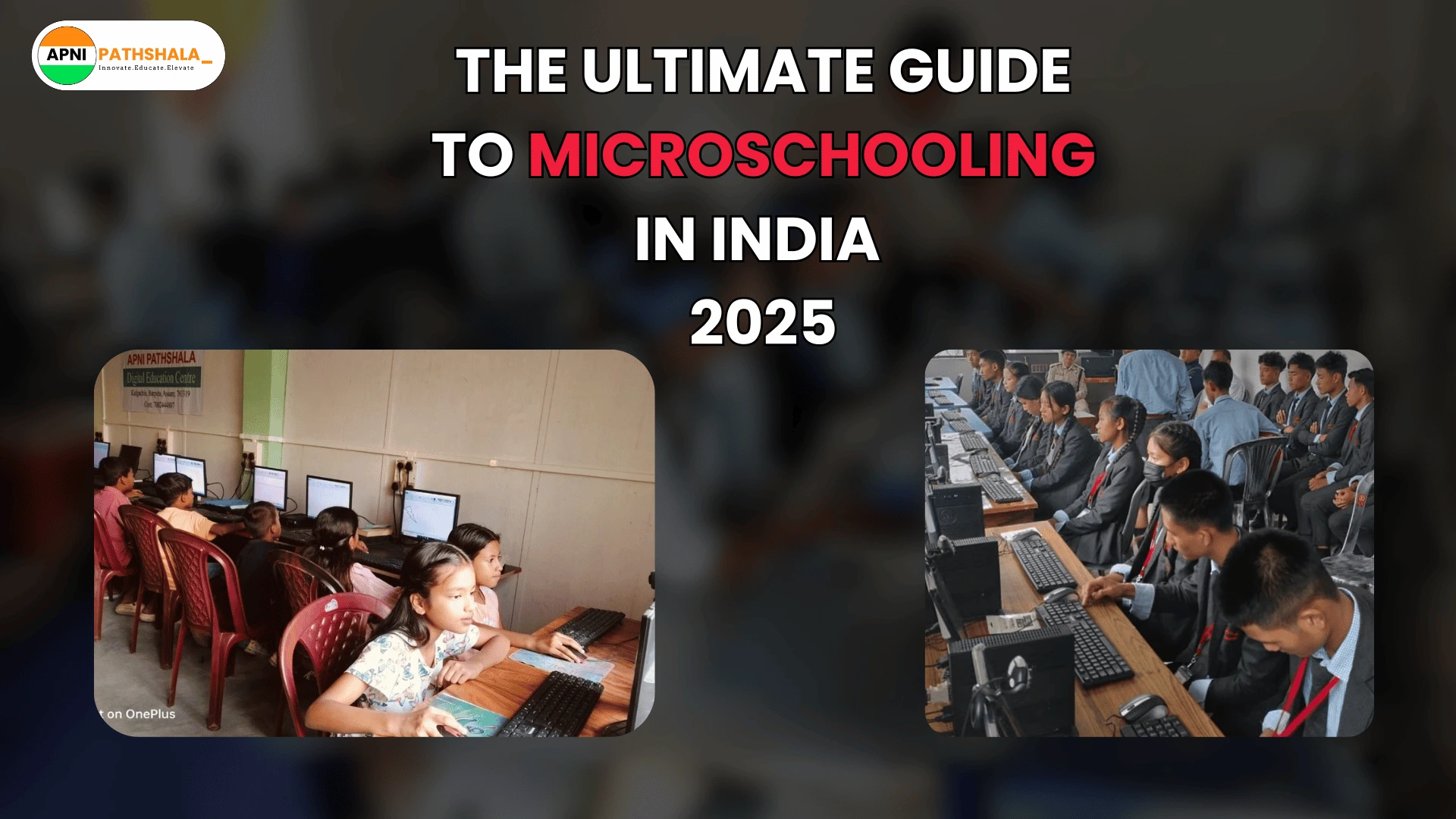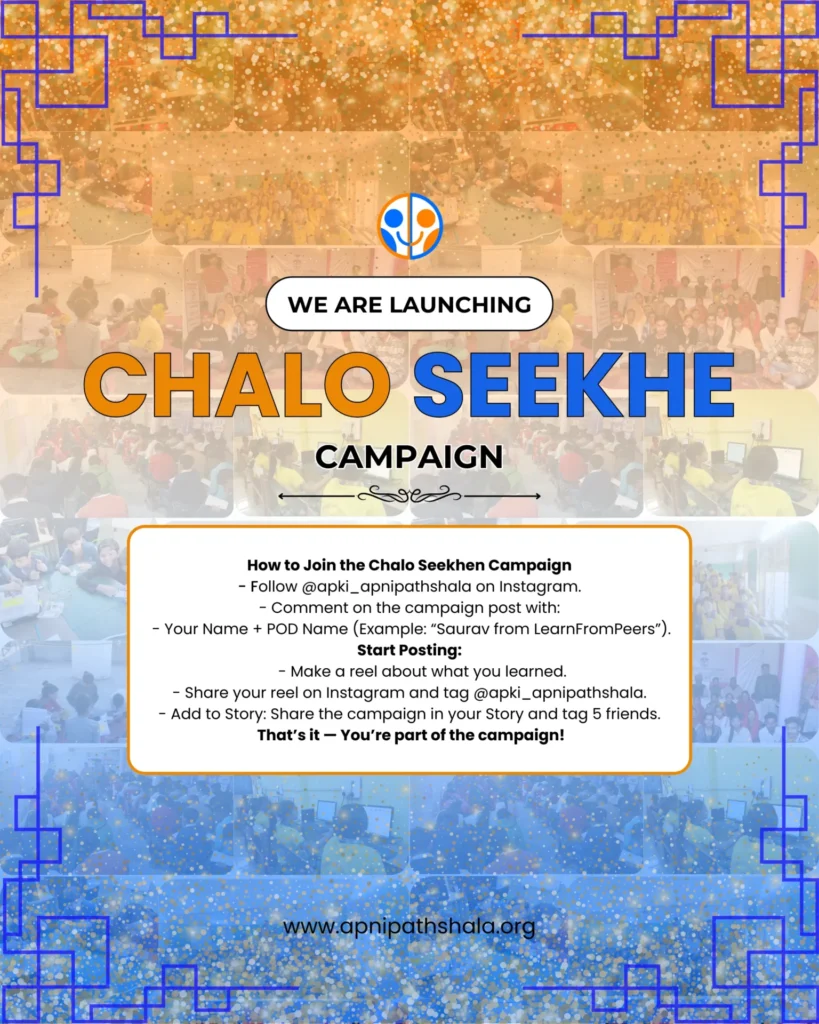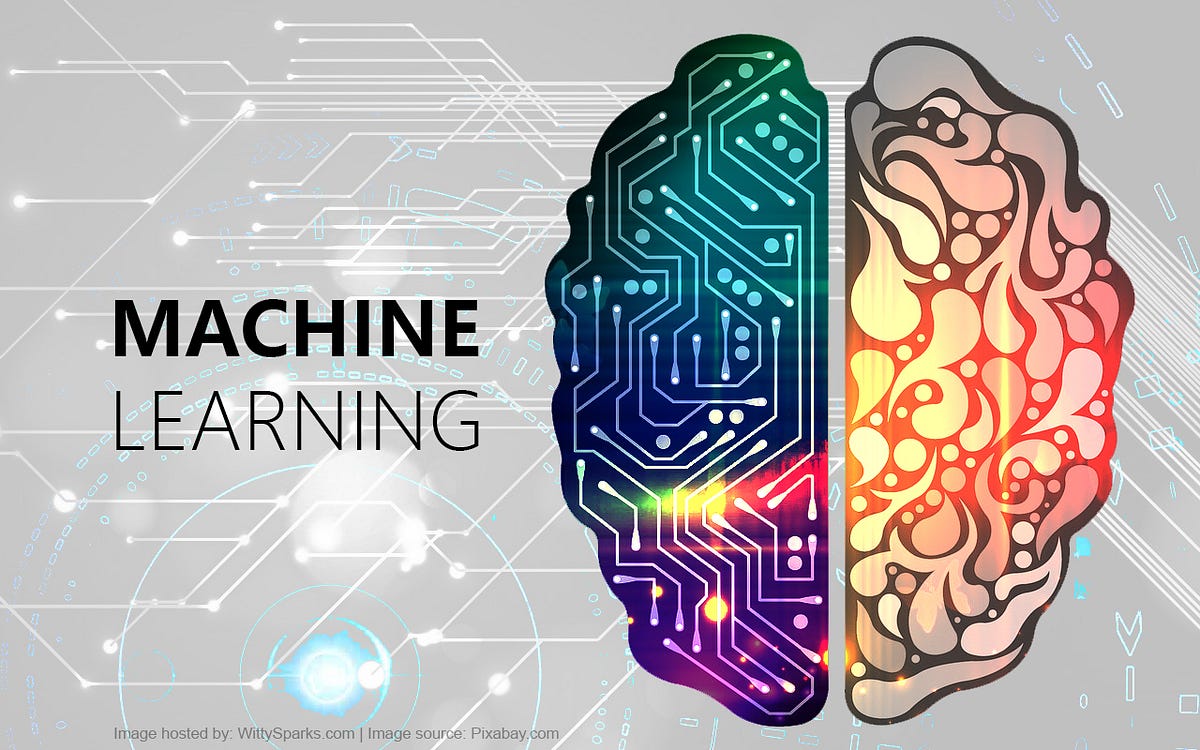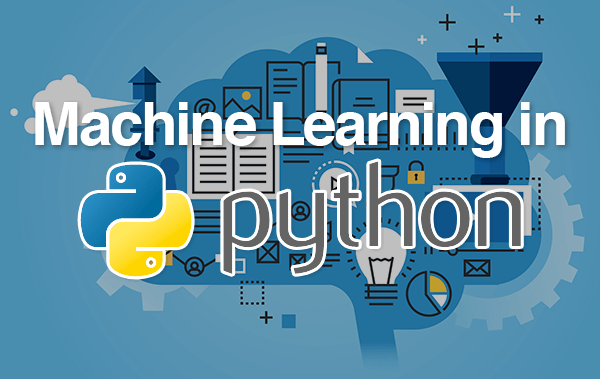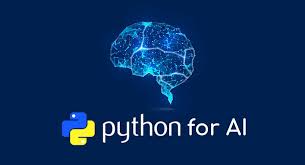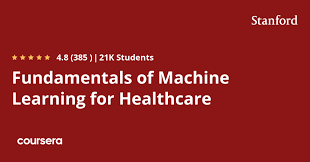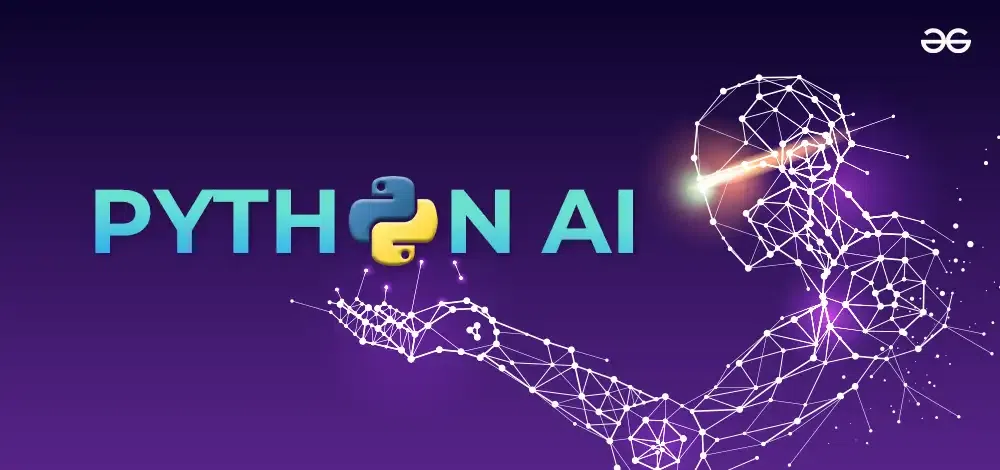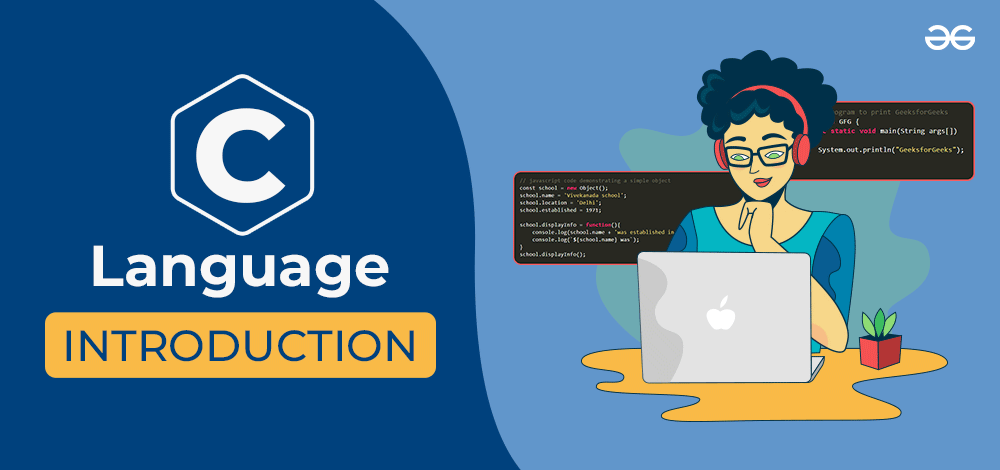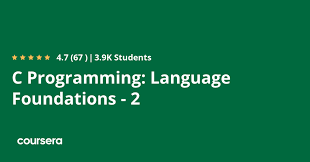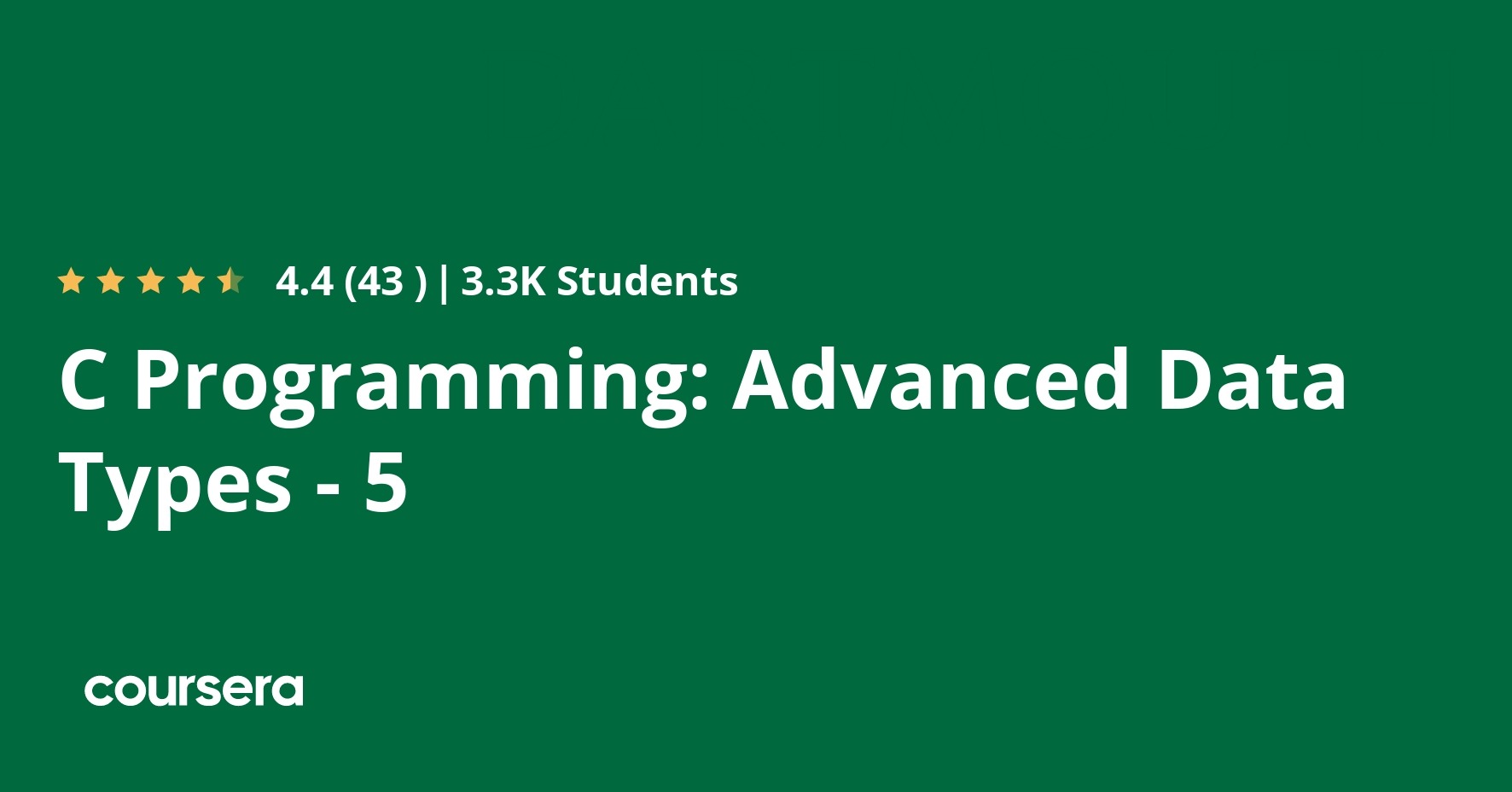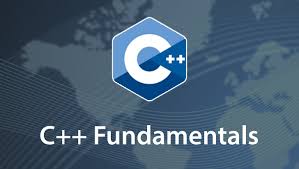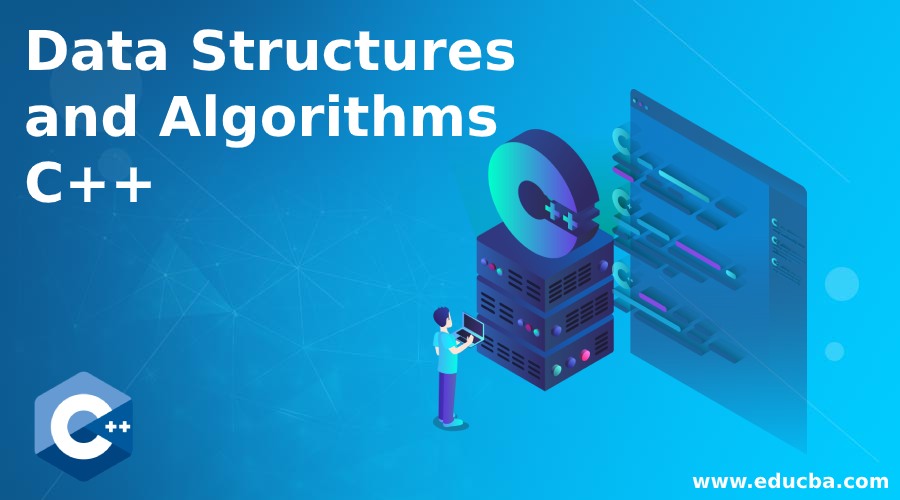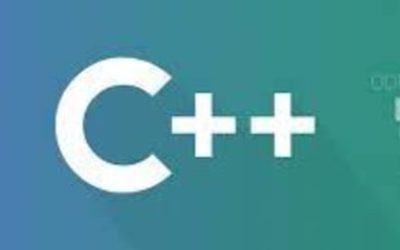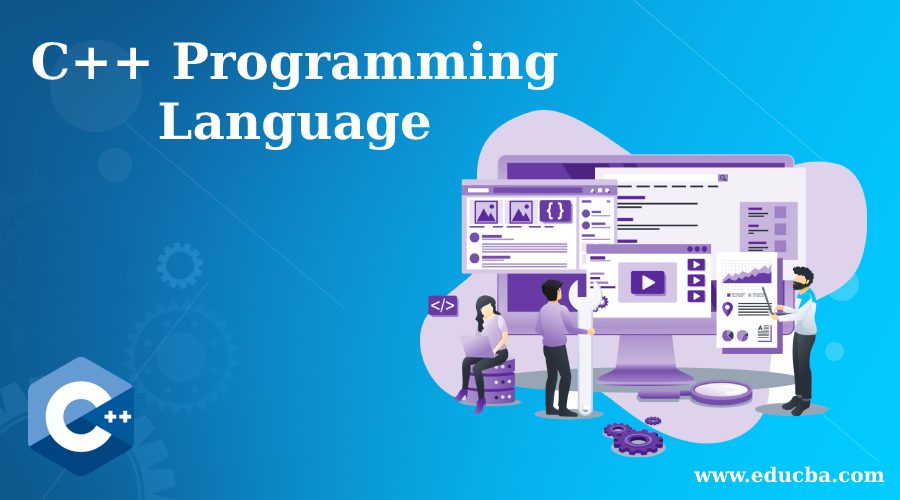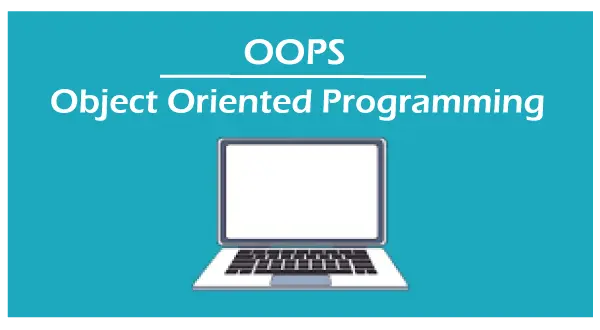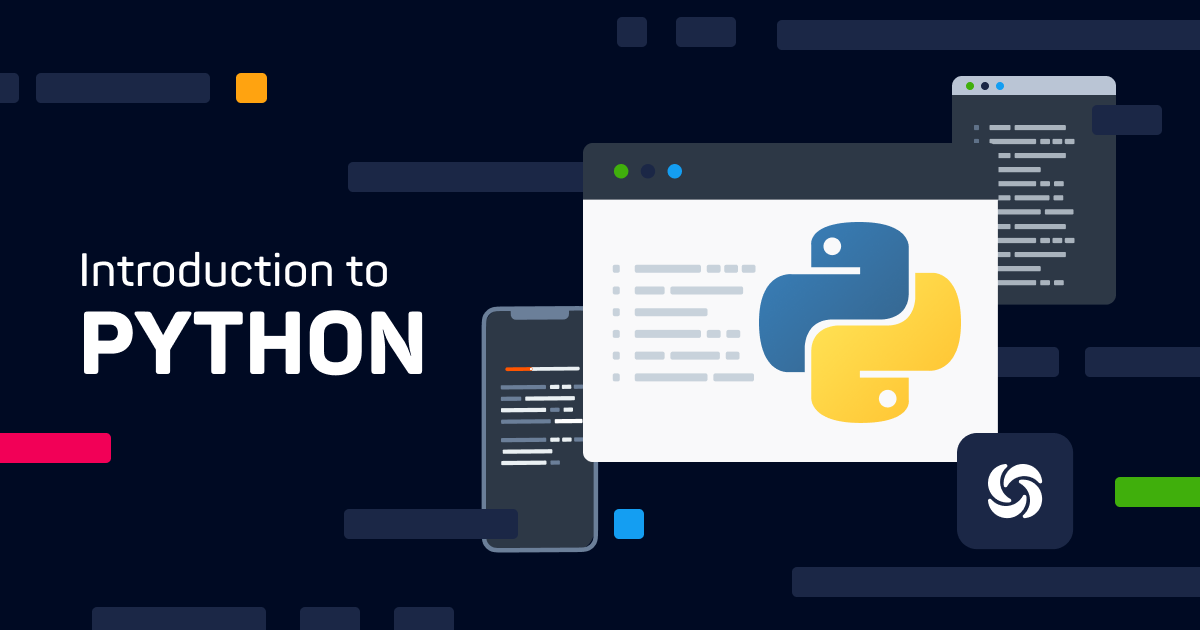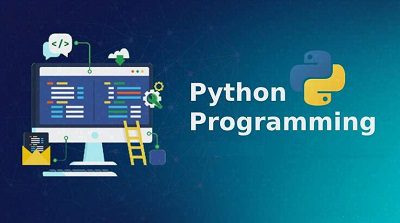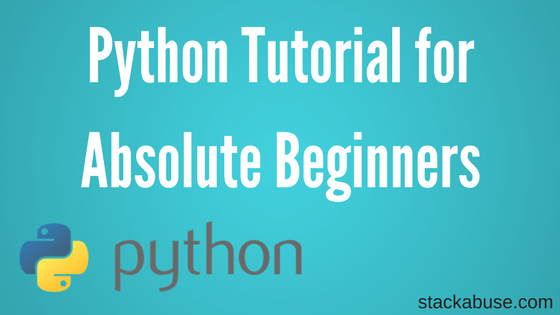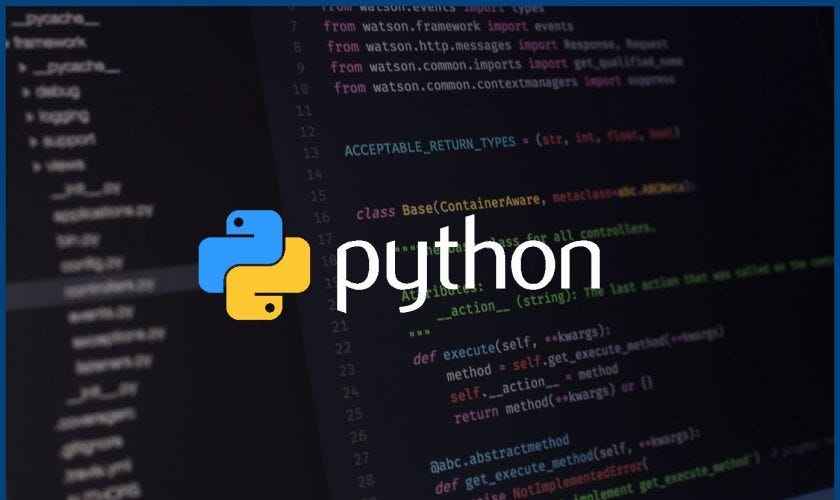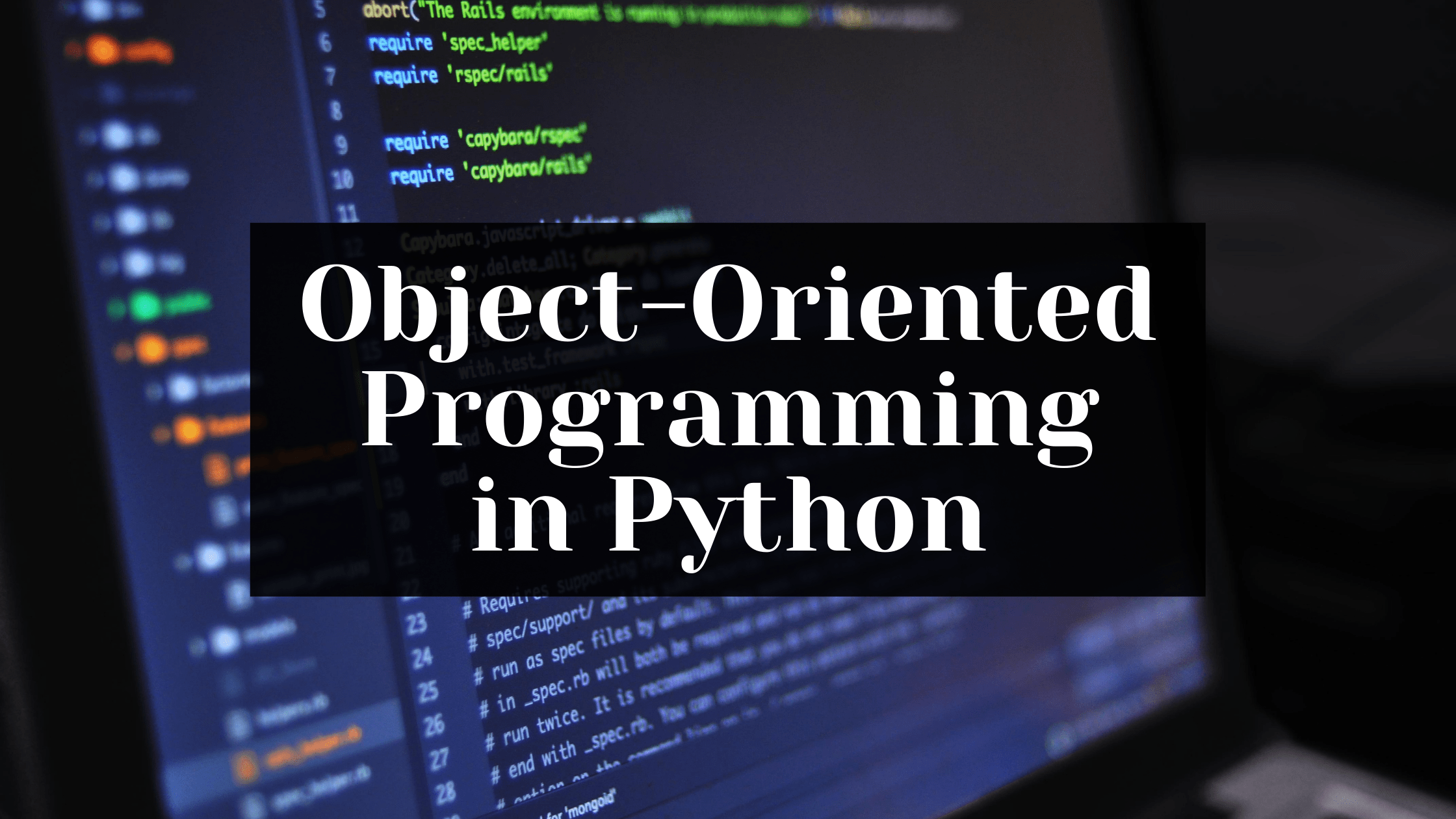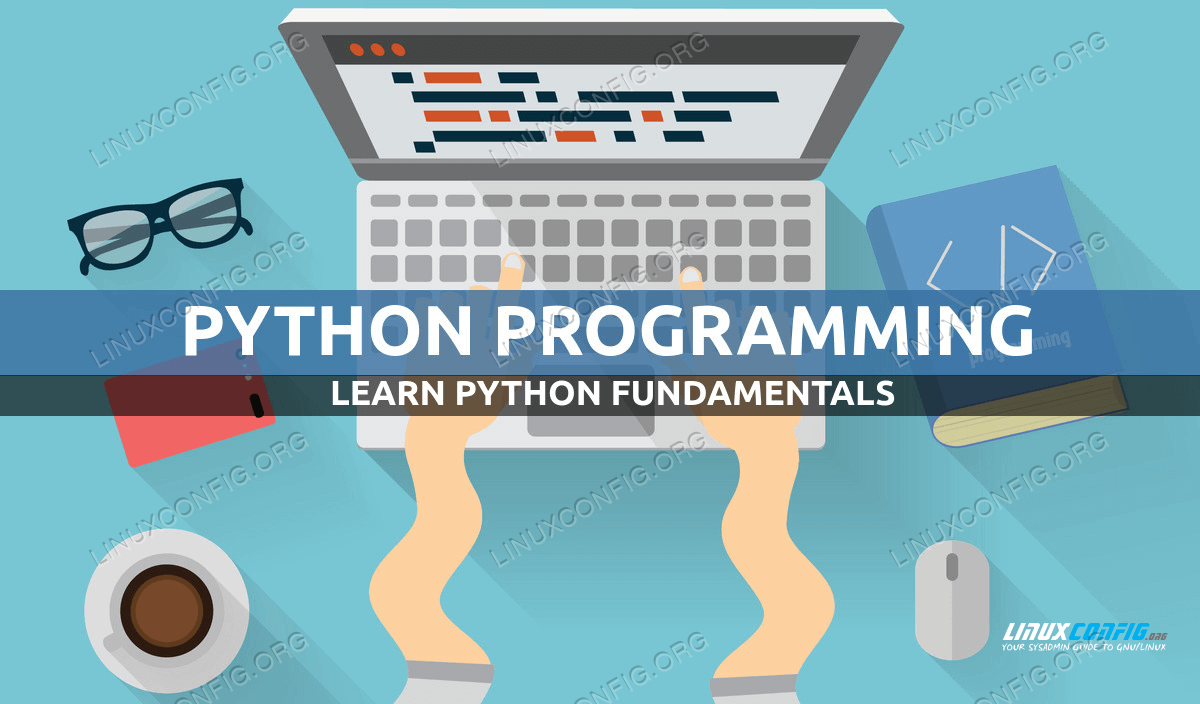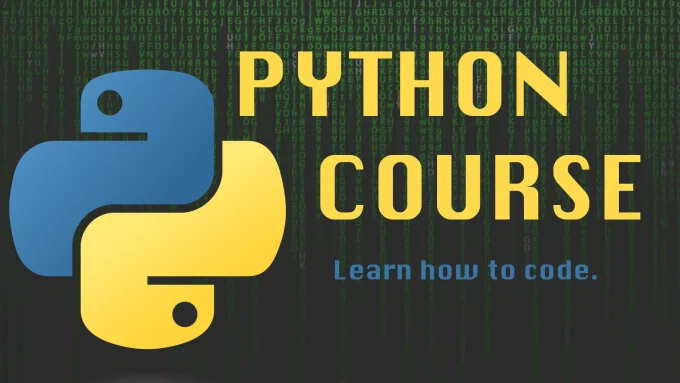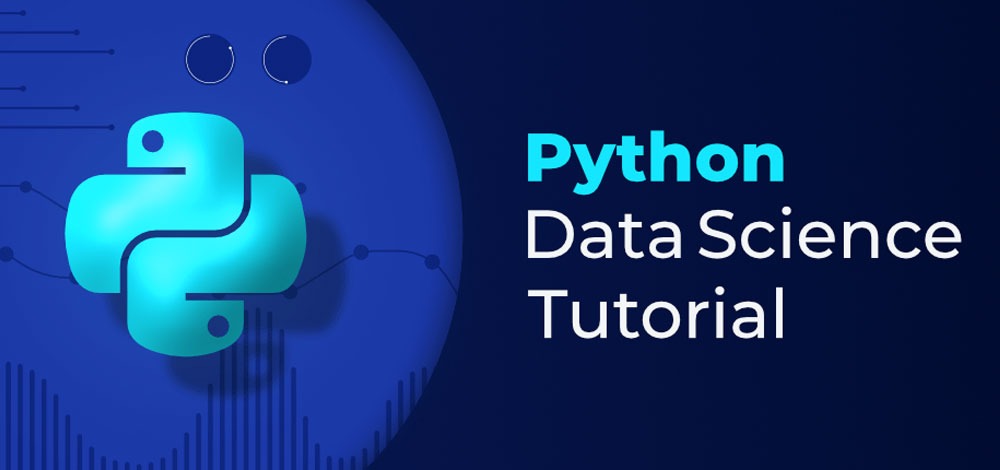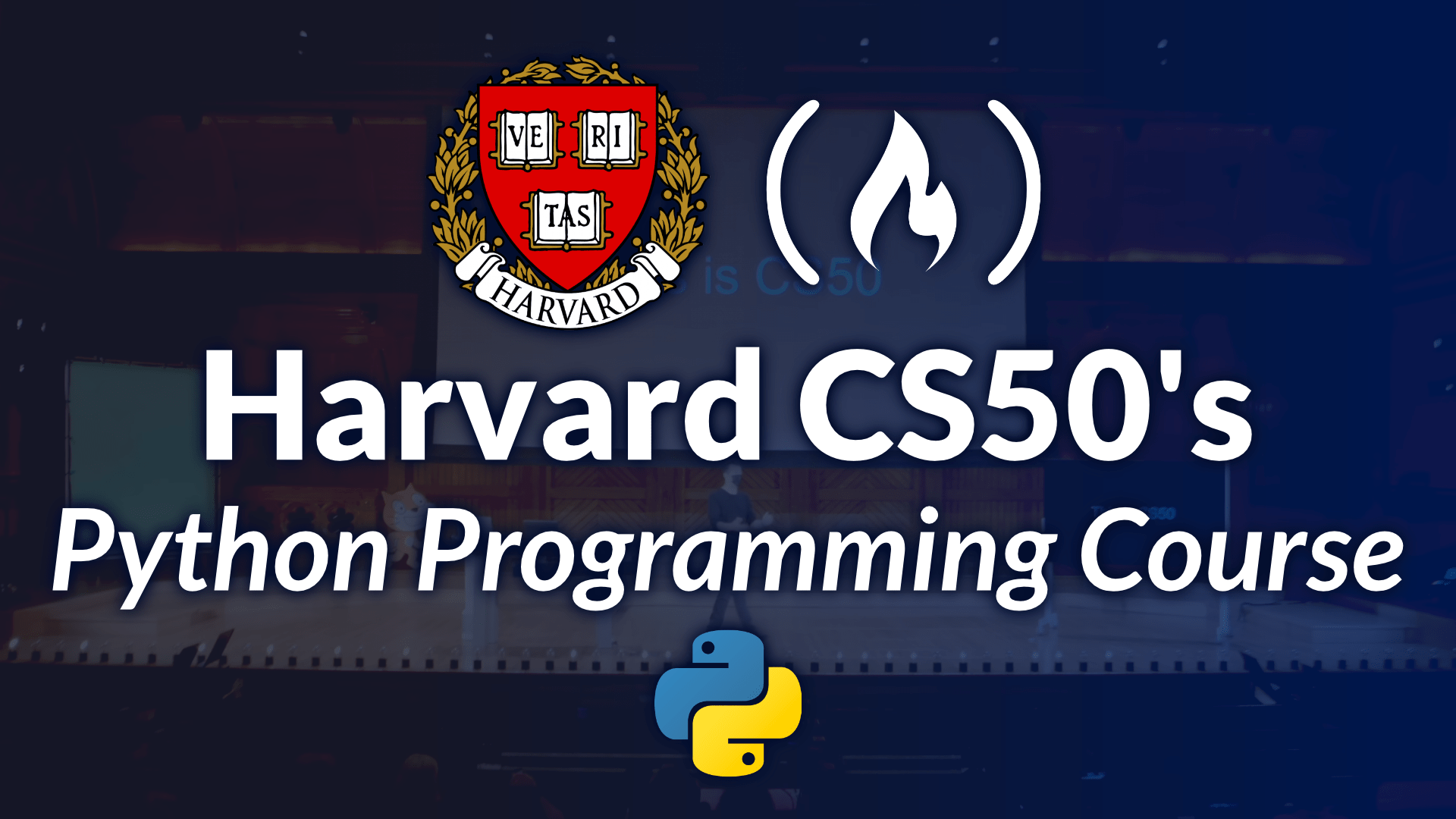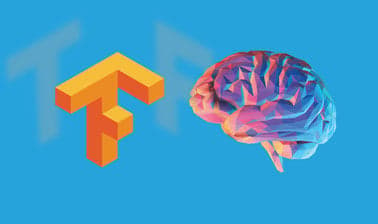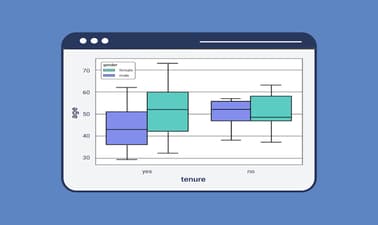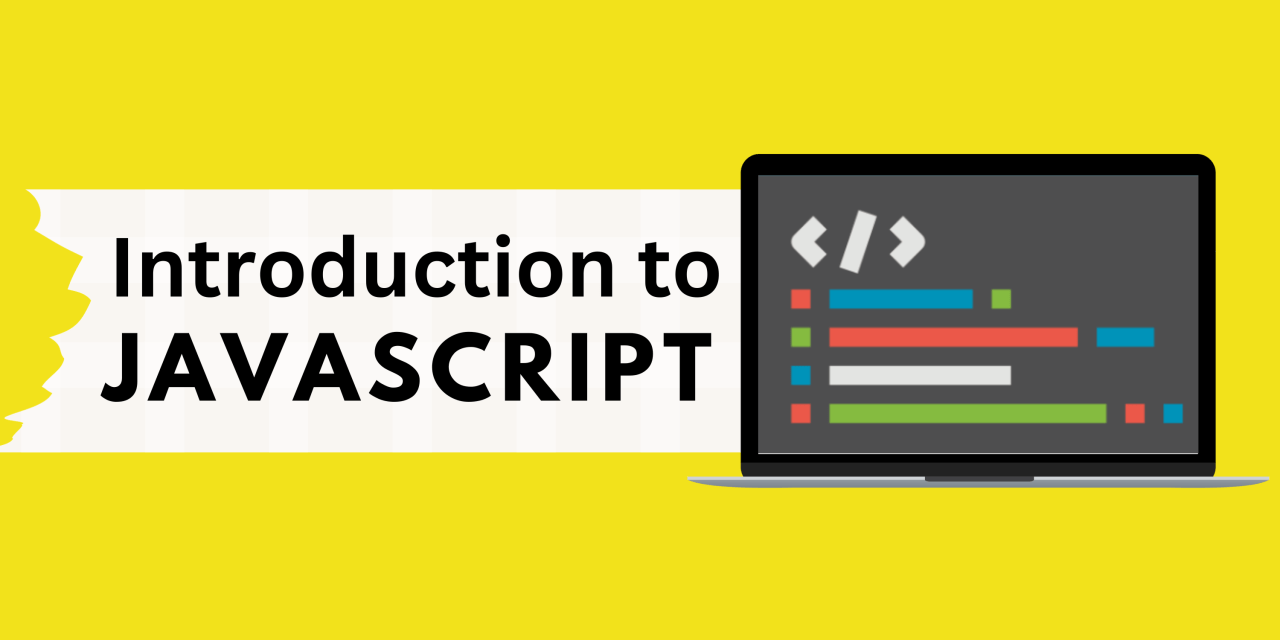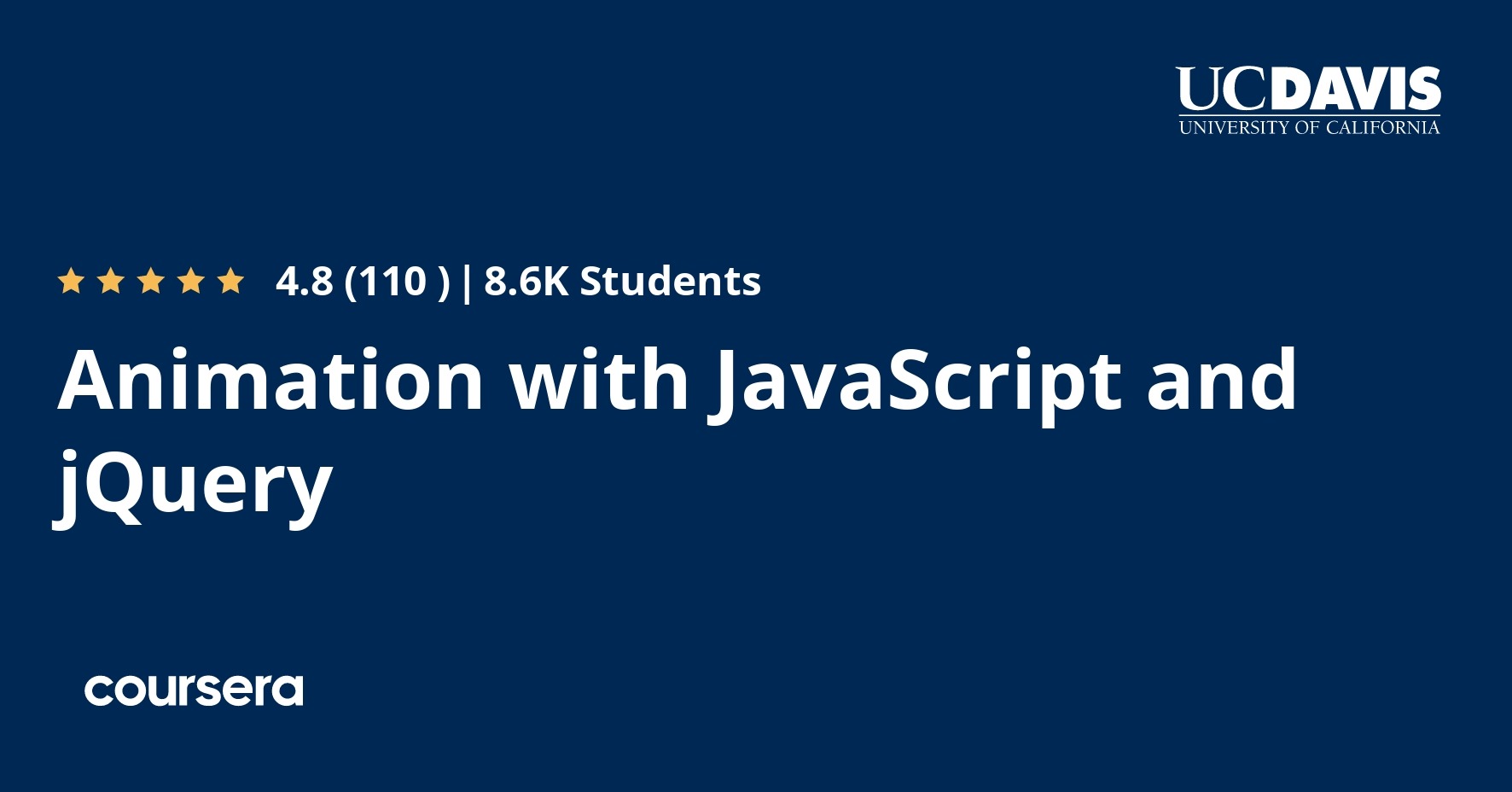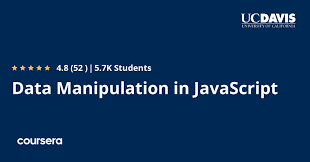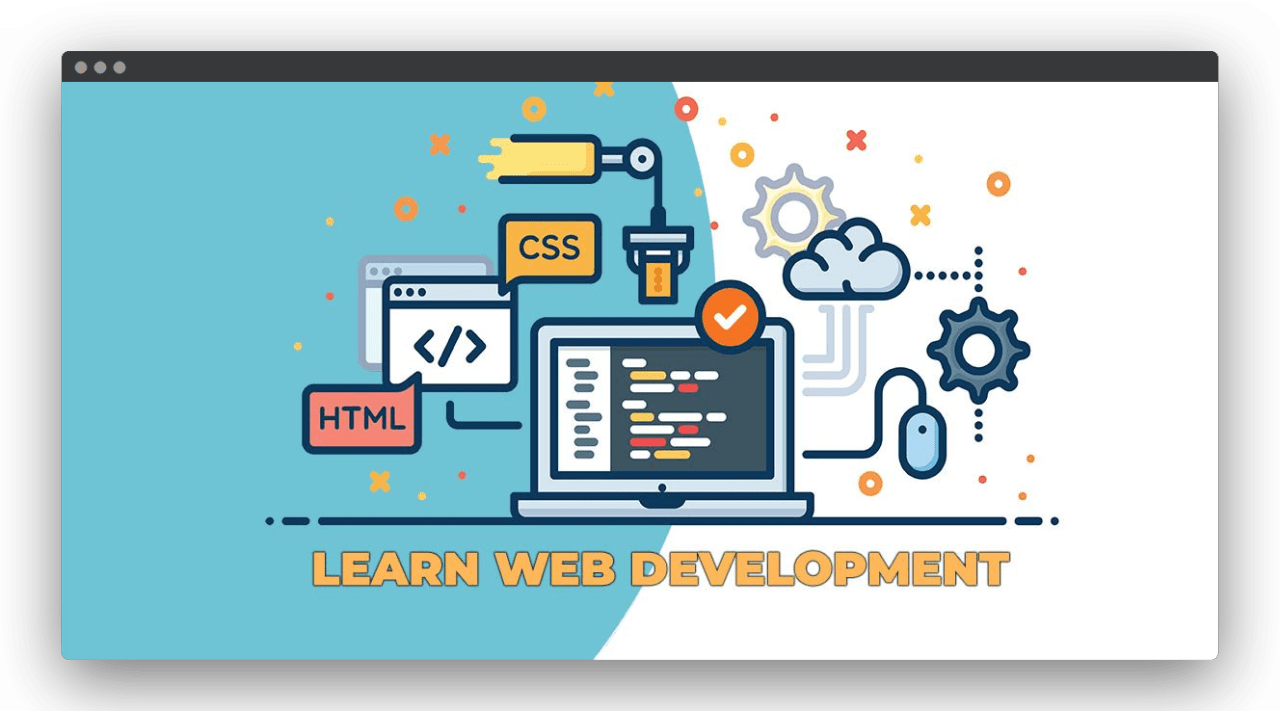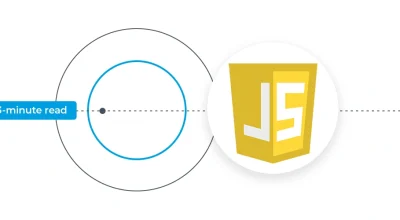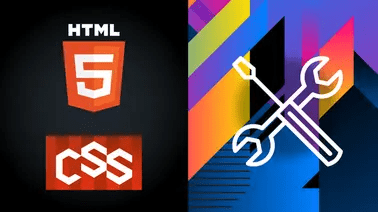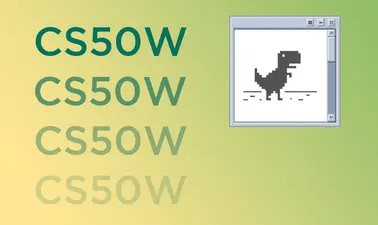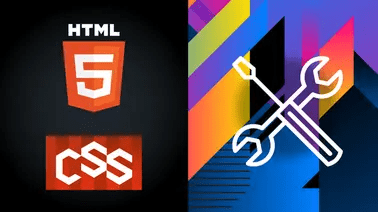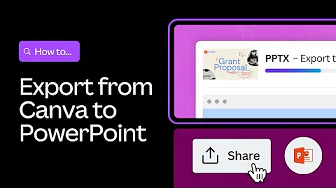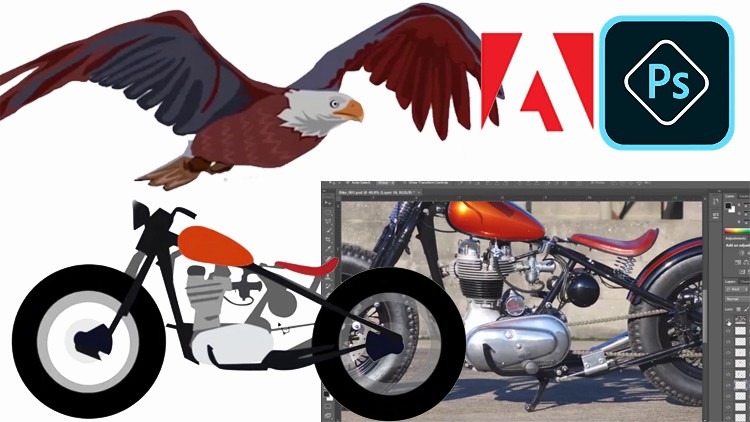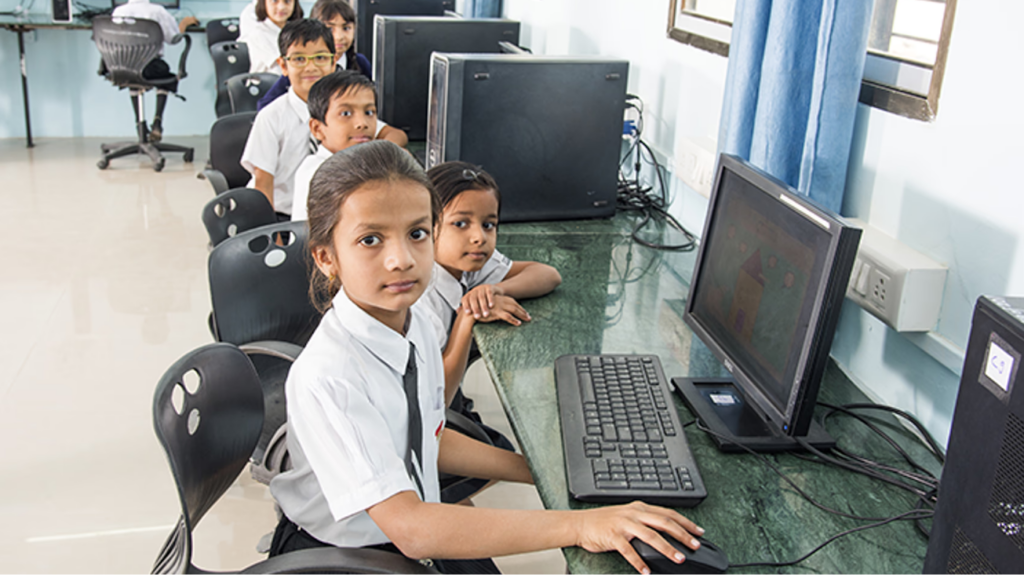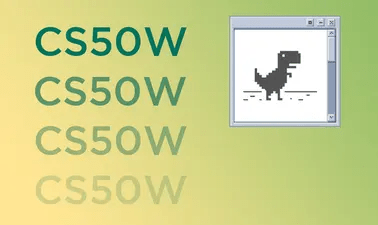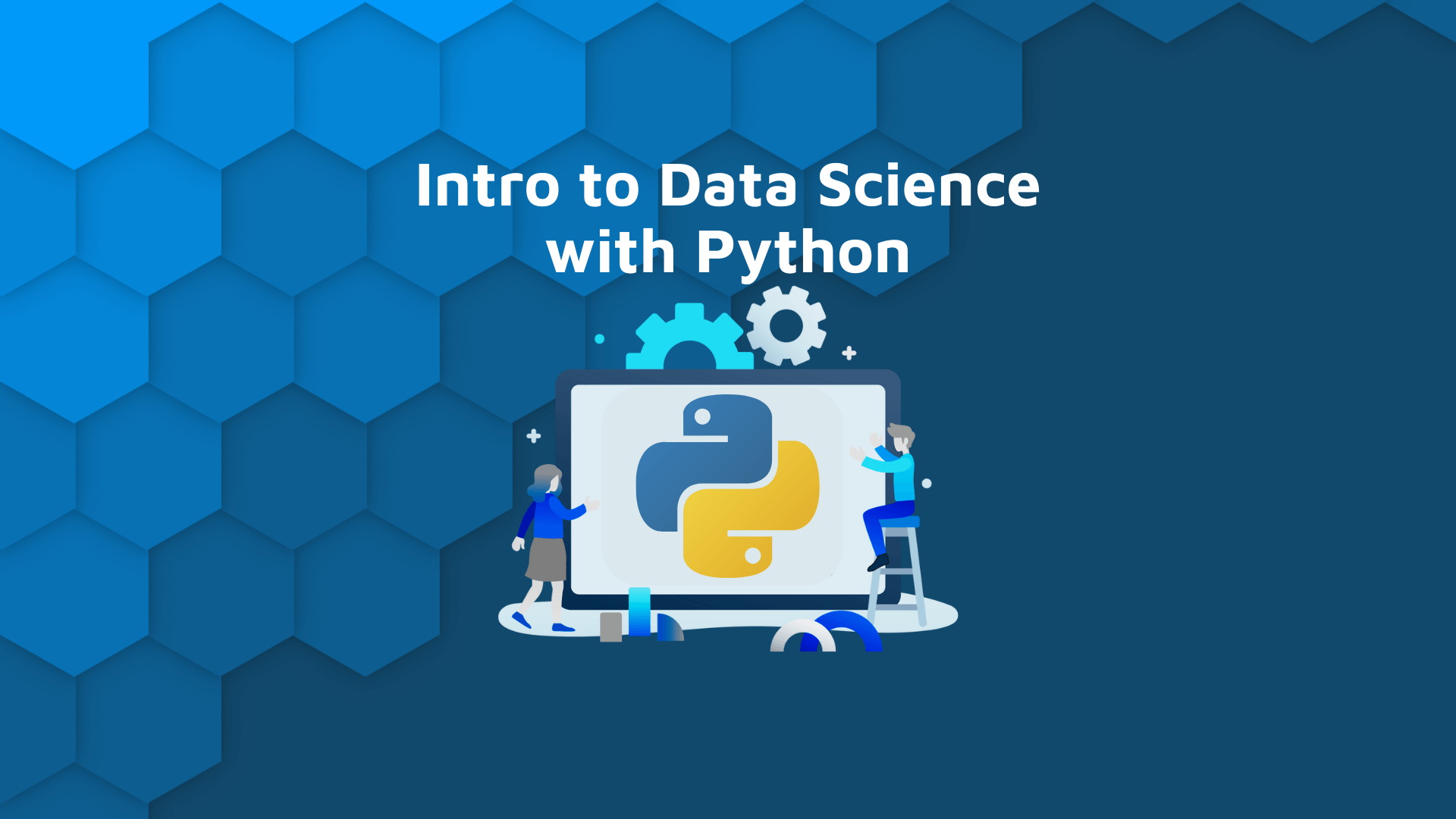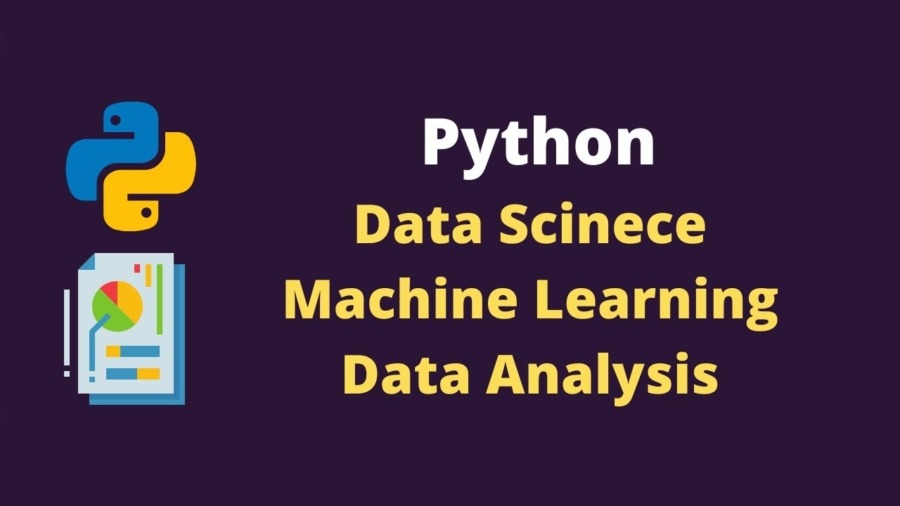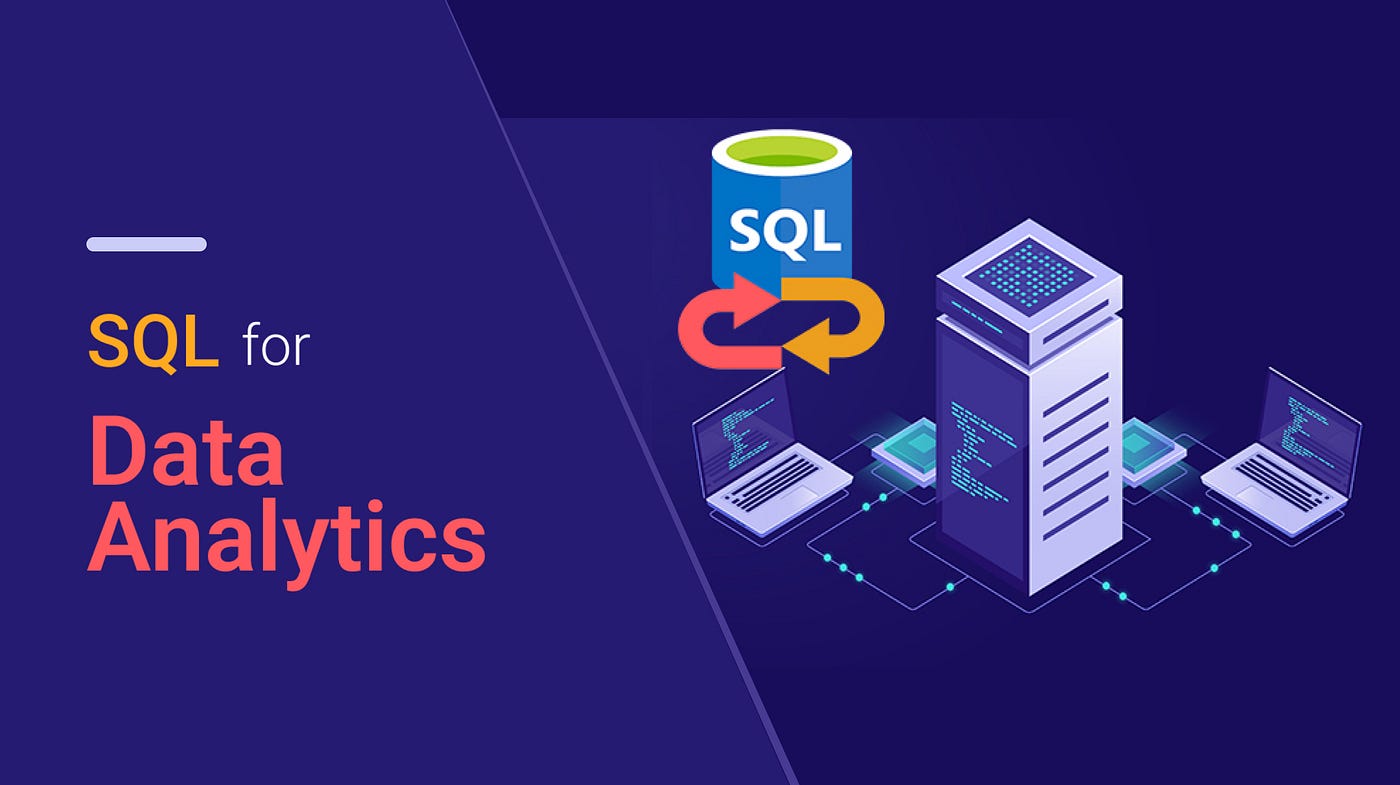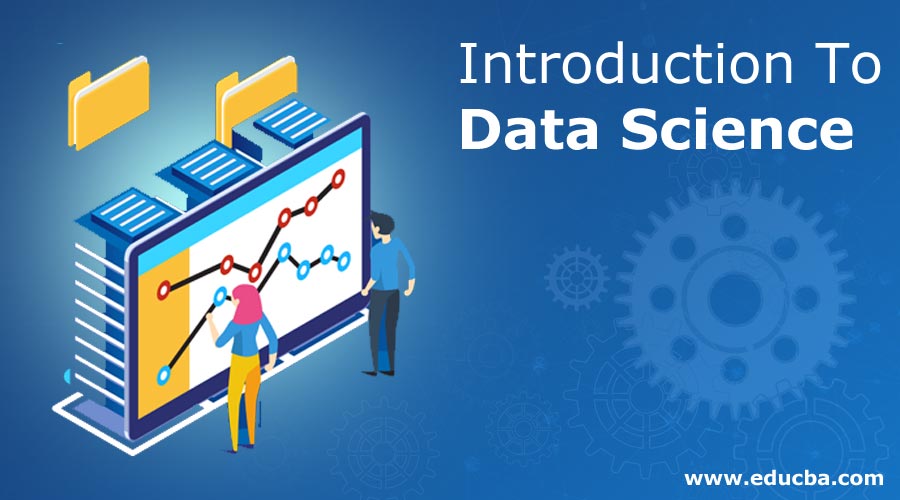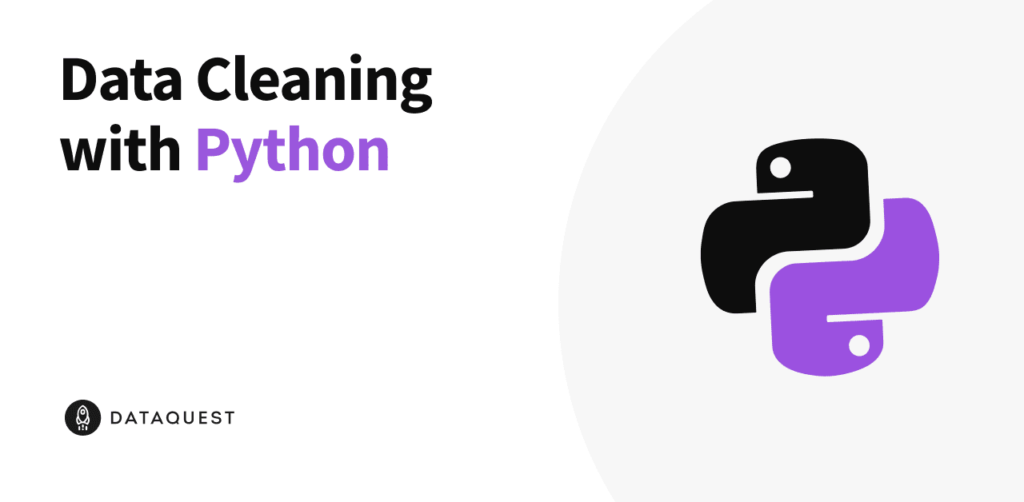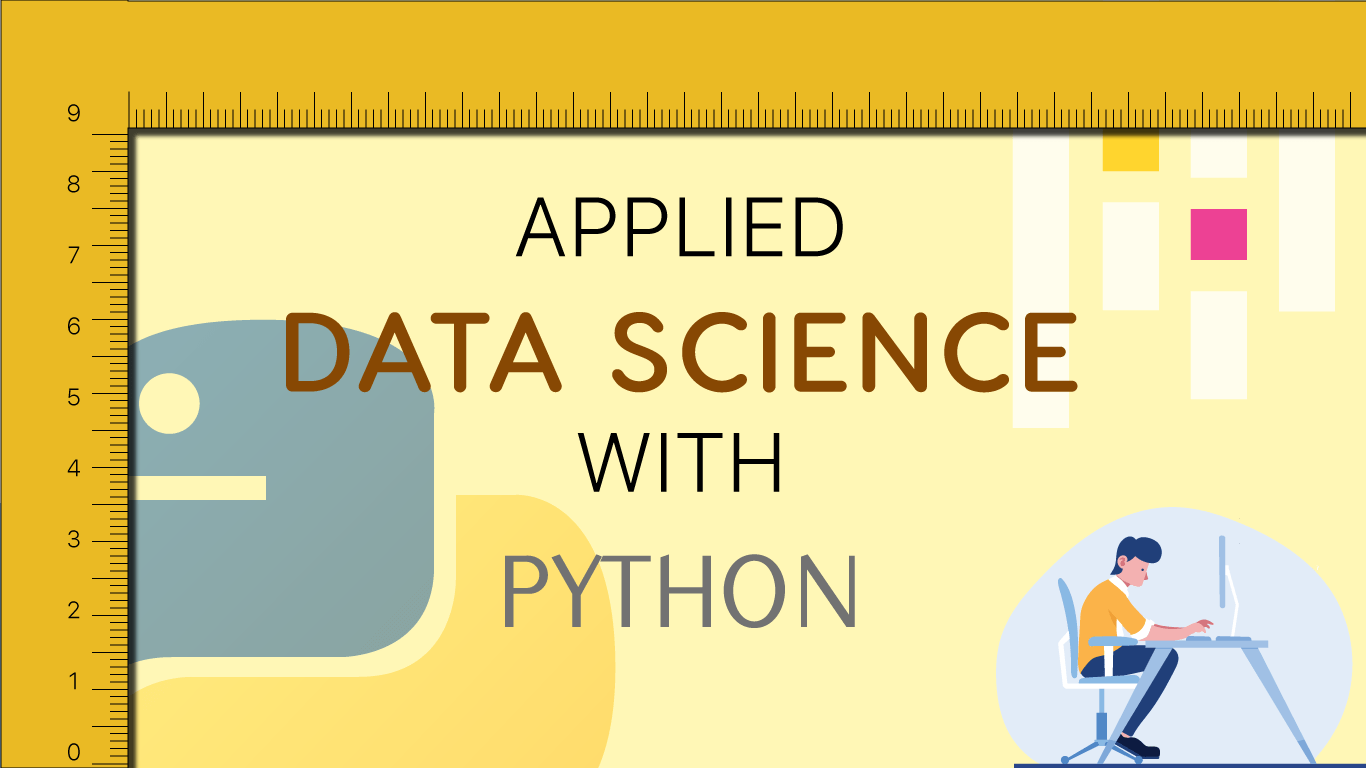Let’s be real about it. Traditional schools haven’t changed much in the last 50 years. Rows of desks, rigid curriculums, standardized tests and kids stuck memorizing facts they’ll Google later. In 2025, parents across India are waking up and asking:
“Is this really the best way for my child to learn?”
If you’re one of those parents, curious, maybe even frustrated, you’re not alone. That’s why more and more families are turning to microschooling: a flexible, learner-first alternative that’s transforming education in real ways.
This guide is written just for you. No beating around the bush. Just real, honest insights into microschooling: what it is, why it’s booming in India, and how you can be part of it.
What is Microschooling? (Explained Simply)
Microschooling is like taking the best parts of homeschooling and traditional school — and leaving out the bad stuff.
- Small groups of 5 to 15 students
- Personalized, flexible learning
- Run by teachers, parents, or educators
- Focus on curiosity, not cramming
It’s not about expensive private schooling or elite tutors. It’s about giving kids a real education that fits their pace, interests, and future.
Think of it as a “learning pod” where your child is seen, heard, and guided, not just managed.
Why Microschools are Gaining Popularity in India?
Especially after COVID-19, Indian parents saw what schooling looked like from the inside. And many didn’t like what they saw. Endless homework, burnt-out kids, zero creativity, and typical learning. The cracks in the traditional education system became impossible to ignore.
That’s when many parents started searching for real alternatives. And that’s how microschools in India quietly started gaining momentum.
Microschools offer what the mainstream system often can’t:
- Personal attention – Every child is known, seen, and nurtured. No one gets lost in the crowd.
- Flexibility – The curriculum can adapt to the child’s pace, interests, and strengths.
- Community – Kids form close friendships and build real-world social skills in a warm, inclusive setting.
- Freedom – Parents have an active say in what and how their child learns. No more blind reliance on rigid textbooks or outdated boards.
In cities like Bangalore, Pune, and Ahmedabad, microschools are now popping up in apartments, community halls, co-learning spaces, and even homes. Parents are calling it a breath of fresh air because it actually works.
They’re not just looking for alternative education, they’re looking for meaningful education. And microschooling in India is offering just that: a model that’s small, personalized, and built around what children actually need to thrive.
Whether you’re a working parent, a homeschooling family, or someone simply tired of outdated schooling methods, the rising trend of microschools might just be the shift you’ve been waiting for.
Benefits of Microschooling for Children
Here’s what real parents and educators are noticing:
- Kids enjoy learning again. No more school dread, blank stares, or stress over marks. Children actually look forward to learning because it feels natural and exciting.
- Stronger emotional development. With fewer students in a microschool, teachers truly understand each child not just academically, but emotionally too. Kids feel seen, heard, and safe.
- Deeper, more meaningful learning. Instead of racing through syllabus content to clear exams, children in microschools are encouraged to slow down, ask questions, and explore topics in depth. They learn how to think, not just what to memorize.
- Freedom to explore passions. Whether it’s robotics, music, gardening, painting, or coding, microschools make room for what lights up a child. That’s something traditional systems rarely offer.
- Better student-teacher connections. In a small, focused environment, mentorship thrives. Teachers become guides, not just instructors.
The biggest benefit? Microschools work because they’re built around the needs of the child, not the convenience of the system. This learner-first approach is why so many parents searching for alternative education in India are now turning to microschooling as a long-term solution.
How to Start a Microschool in India? (Step-by-Step)
Thinking of starting one? You’re not alone. Many parents and educators across India are realizing that meaningful learning doesn’t have to come from a big school building. And the best part? Starting a microschool in India is totally doable even if you’re starting from your living room.
Here’s a simple, step-by-step guide to help you get started:
Step 1: Define Your Vision
Ask yourself:
- What kind of learning experience do I want to offer?
- Is this for young kids, teens, or mixed ages?
- Do I want a play-based, academic, or interest-driven setup?
Clarity at this stage will shape your microschool’s foundation. Many successful microschools in India started with one parent or educator asking: “What if learning could be better?”
Step 2: Understand the Legal Aspects
To start a microschool in India, you don’t need CBSE or ICSE affiliation unless you’re planning to conduct board exams. Here’s how you can register:
- As an Educational Trust
- As an NGO or Society (ideal for non-profits)
- As an LLP or private entity (if planning to grow or charge tuition)
Also, consider aligning with NIOS (National Institute of Open Schooling) for exam readiness without the rigidity of mainstream boards, a popular option in the alternative education space.
Step 3: Choose a Location
You don’t need a fancy campus. Many thriving microschools run from:
- A room in your home
- A co-learning or co-working space
- A community center or rented apartment
Just make sure it’s safe, quiet, and welcoming. Microschooling is more about the vibe than the visuals.
Step 4: Pick a Curriculum or Learning Style
One big reason microschooling in India is on the rise is the freedom to design your own curriculum. You can:
- Follow Montessori, Waldorf, or project-based learning styles
- Use unschooling or interest-led approaches
- Combine traditional academics with life skills and creative subjects
- Align with NIOS if you want learners to take board exams later
Design it around the child, not the system.
Step 5: Hire or Train Educators
Microschools don’t need formal teachers in uniforms, they need passionate facilitators who love working with children. You can:
- Hire trained educators
- Train parents or volunteers as co-learners
- Even run the microschool yourself if you’re comfortable facilitating
In many community microschools, parents play a key role, making it collaborative and deeply personal.
Step 6: Start Small, Grow Steady
Most microschools begin with 5–10 learners, often neighbors, friends, or local families. Keep it tight-knit, focused, and flexible.
- Talk to parents regularly
- Observe what’s working
- Tweak your routine as needed
Remember: this is a child-first model. And unlike large institutions, your microschool can evolve organically.
Starting a microschool might feel bold but it’s also one of the most rewarding steps you can take if you truly care about personalized, alternative education for your child or community. And as hundreds of microschool founders across India are proving: it’s not just possible, it’s powerful.
Challenges You Should Be Ready For
Let’s keep it real. Microschooling isn’t all sunshine. There are certain challenges that you need to prepare for.
Skepticism from Society
Let’s face it, many people still believe that only “big schools” with uniforms and tall buildings count as real education.
You might hear things like: “What about board exams?”, “Will your child get into college later?”, “Is this even legal?”, etc.
But remember, every great shift in education was once questioned. The more people see how well alternative education in India is working, the more minds you’ll change.
Finding the Right Educators or Mentors
Microschools need teachers who are flexible, empathetic, and learner-focused. Not everyone fits this model, especially those used to rigid, top-down schooling.
The key is to find (or grow) facilitators who love being with children, are open to unlearning and can guide without controlling.
Sometimes, parents themselves become the best mentors in microschools.
Ensuring Long-Term Sustainability
Running a microschool isn’t just about teaching, it’s about planning, community building, and staying financially sustainable over time.
You’ll need to think about:
- Space costs
- Learning resources
- Staff payments (if any)
- Involving families for shared responsibilities
Many small microschools in India thrive by creating tight-knit learning communities where parents pitch in and costs are shared.
But here’s the good news: Every challenge is also an opportunity.
Microschooling isn’t just about starting a small school. It’s about reimagining education with courage, creativity, and community at the center. And India needs more pioneers like you — people who ask, “What if we could do school differently… and better?”
The Future of Microschooling in India
Microschools aren’t just a trend. They’re a movement and they’re growing fast.
Across India, more and more families are waking up to this simple truth: learning doesn’t have to look like a crowded classroom, rigid schedule, or pressure-filled exams. It can be small. Personal. Joyful. And deeply effective.
Here’s what’s changing in 2025 and beyond:
- Parents want more holistic education and not just academics, but emotional, creative, and life-skill growth.
- Educators are leaving traditional schools to join (or start) microschools where they can teach with freedom and purpose.
- The government is slowly recognizing alternatives like NIOS, hybrid homeschooling, and flexible learning models.
Microschools are at the heart of this shift. They allow real learning to happen not because they follow a new trend, but because they return to what actually works: small communities, meaningful connections, and child-led curiosity.
In 2025, India doesn’t need more schools.It needs better ways to learn. And microschooling in India is leading the way.
Is Microschooling Right for You?
Let’s find out. Ask yourself:
- Is my child truly thriving in their current school setup?
- Do I want to be more involved in what and how they learn?
- Am I ready to explore a more human, joyful, and child-centered way to educate?
If the answer to even one of these is yes, you’re already on the path.
You’re not alone. Thousands of Indian parents are stepping off the treadmill of traditional schooling. They’re creating or joining microschools where their kids are not just performing, but flourishing.
Microschooling is for parents who want:
- Personalized education that adapts to their child
- A community where learning feels natural, not forced
- Freedom from stress, competition, and outdated systems
- A future where children grow as happy, capable, and curious humans
And if that’s what you want, too: welcome. You’re in the right place.
Ready to Take the First Step?
Join the revolution with Apni Pathshala. Whether you want to enroll, start your own microschool, or just learn more and we’re here to help.
Visit ApniPathshala to explore mentorship, and real community support.
Let’s co-create a better future for our children.

